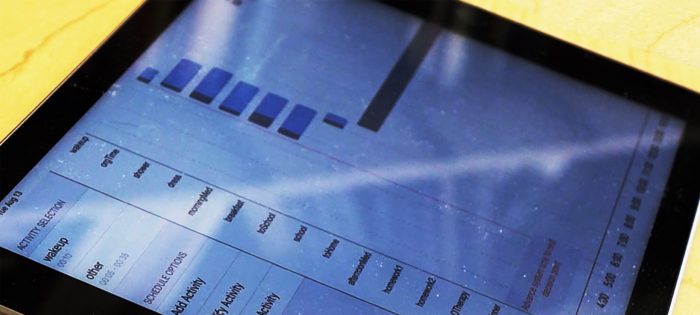
Keeping a handle on life’s many demands is hard on its own. Part of growing up is learning how to handle planning and scheduling – and with a world of apps to help, it’s gotten easier for teens and adolescents to structure their time. But these challenges are compounded for teens with disabilities or additional medical needs that take up a part of their everyday routine, and where forgetting or mistiming medical activities can have unhealthy consequences. Existing solutions leave much to be desired.
Where calendar apps can be too rigid in prescribing how your day is broken up, a simple to-do list doesn’t say much about how some tasks should be timed. In an effort to find the best of both worlds, a multidisciplinary team at the University of Michigan has combined key features of these common systems into a new, more flexible method for organizing the day’s activities. The open-source software is intended to add an element of guided planning to existing time management apps, to help these adolescents develop accountability at their own pace.
“The purpose of the system is to allow an adolescent or young adult who doesn’t have much experience with managing their own schedule to get this experience independently,” says Edmund Durfee, Professor of Computer Science and Engineering and lead researcher on the project. “The system provides feedback and guidance to ensure that they’ll accomplish the activities they need to in a day, but providing as much flexibility as possible.”
